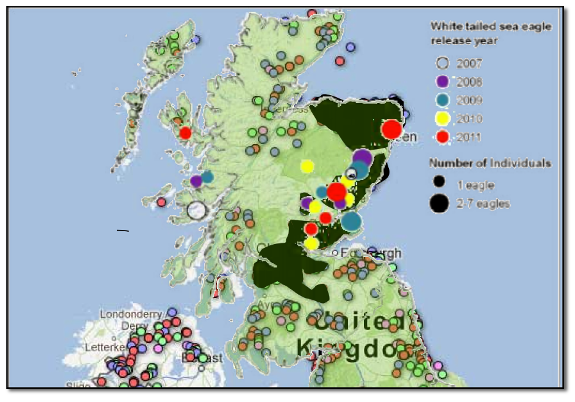 Bishop Hill
Bishop Hill Akademic shambles
 Dec 30, 2013
Dec 30, 2013  Greens
Greens The travails of the green climatologists on board the Akademik Shokalskiy have been providing us all with a lots of fun over the last few days. I've been a bit busy painting the office, so haven't been posting, but there's an excellent roundup over at WUWT.
With the latest rescue attempt having been postponed, prospects for the ship to escape the ice are not looking too good at present, although fortunately an air evacuation is available as a backup option. We will have to wait and see how things go. But in the meantime one can appreciate the sheer majesty of the propaganda failure that Prof Turney and his colleagues have achieved.




